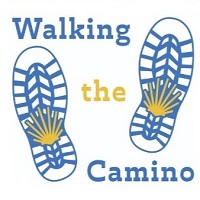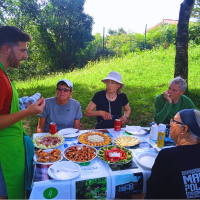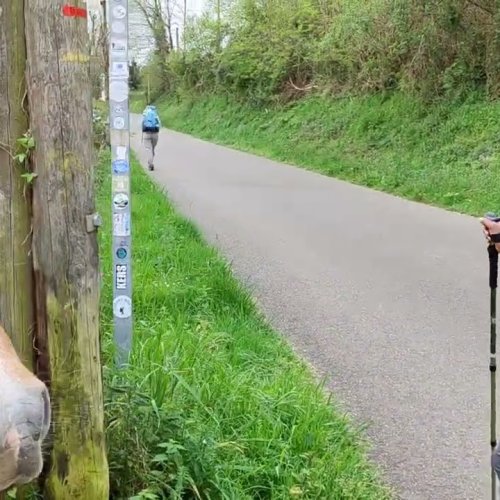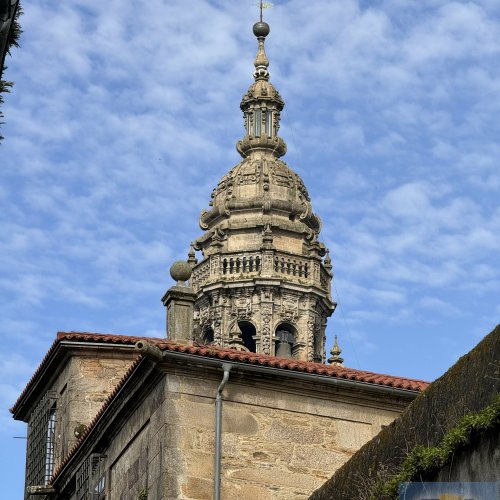Part of the reason about why relatively little English is spoken in Spain has to do with TV programming. In Portugal, after the "family hour" (say, beginning around 1900) there are many programs from the UK, Canada, Australia, and the US, all broadcast in English, but with Portuguese subtitles.
This is not the case in Spain. In my experience traveling and living across Europe over 40 or so years, I have noticed a correlation between access to English programming on TV and the level of English uptake, at all ages. More recently, the explosion of the internet and global access to - well everything - also accelerated the incidence of spoken English especially among younger folks.
But on the Iberian peninsula, the portuguese definitely speak more English, even if sparsely, then in Spain.
When I lived near Antwerp, Belgium for two years, about 15 years ago, the TV channels coming from the Flemish region all had evening English programs. I could follow my favorite programs from the US on a regular basis. There were Dutch / Flemish subtitles, but I didn't even see them after a while.
Conversely, in the Wallonian region, in the south of Belgium, French was the predominant language spoken. Their TV programming was only in French, without subtitles - at that time. In my experience there were far fewer people who could or would speak English, except perhaps some students who were forced to take it at school, or perhaps had parents who compelled it at home.
The official policy (unless it has changed) across Belgium, is that children learn in high Dutch or French depending on which region they live in. Flemish was regarded as a dialect, to be learned at home. In the fourth grade, they switched to the other main national language, from Dutch to French, or from French to Dutch. However, I was reliably informed that the local schools authorities in the south (Wallonia) do not enforce this policy.
In the eight year of elementary studies, all students are supposed to start mandartory English lessons. Again, I was reliably informed that this works very well in the north (Flanders) but not so well in the south (Wallonia).
I have friends with children in the Flanders region. Their children were speaking broken, basic English at home by the time they were 10 or 11 years old. This was a couple of years BEFORE they would be compelled to take English lessons in the eighth grade. Parenthetically, this was as good as my Dutch got when I lived there -despite daily online lessons. I also have two friends who are English teachers in the Flemish school system who have validated these observations.
As a result - and as a model for what we see in Spain and Portugal, the level of ability to speak English will vary. Educational policy and entertainment programming have an effect.
In France and Italy, the same policy holds, regarding evening TV programming. In my experience as a volunteer at the Pilgrim Office, I noted the same correlation regarding TV programming and ability to speak at least some English.
All this said, let us remember that most of us native English speakers have little to brag about. In fact, there was a joke along the Camino some years back, that went like this: "What to you call a person who only speaks one language?" - - - Punch line: "An American." Silly but mostly true in my experience.
At age 65, after three Caminos, and two years as a volunteer, I decided to do something about that. I have been doing daily Spanish lessons every day on Duolingo.com for the past 2,100 consecutive days - passed that landmark yesterday as a matter of fact.
I enforce this practice when I am traveling (app on iPhone) in the hospital, or home. I have not missed one day, to do at least five to 10 mintues daily. My standard practice is to spend an hour or more daily practicing.
I would never claim to be fluent. But I can hold simple conversations, ask for something, give cogent answers, express feelings, shop, explain a problem, etc. In other words, I can communicate effectively, albeit not fluently. Personally, I regard it as a common courtesy to try to speak the language of the place you are visiting.
Even when I first traveled on business some 40 years ago, I always obtained a Berlitz book and CD to practice the basics before getting on a plane. It is my way of showing respect to the place I was traveling to.
Hope this helps.
Tom























